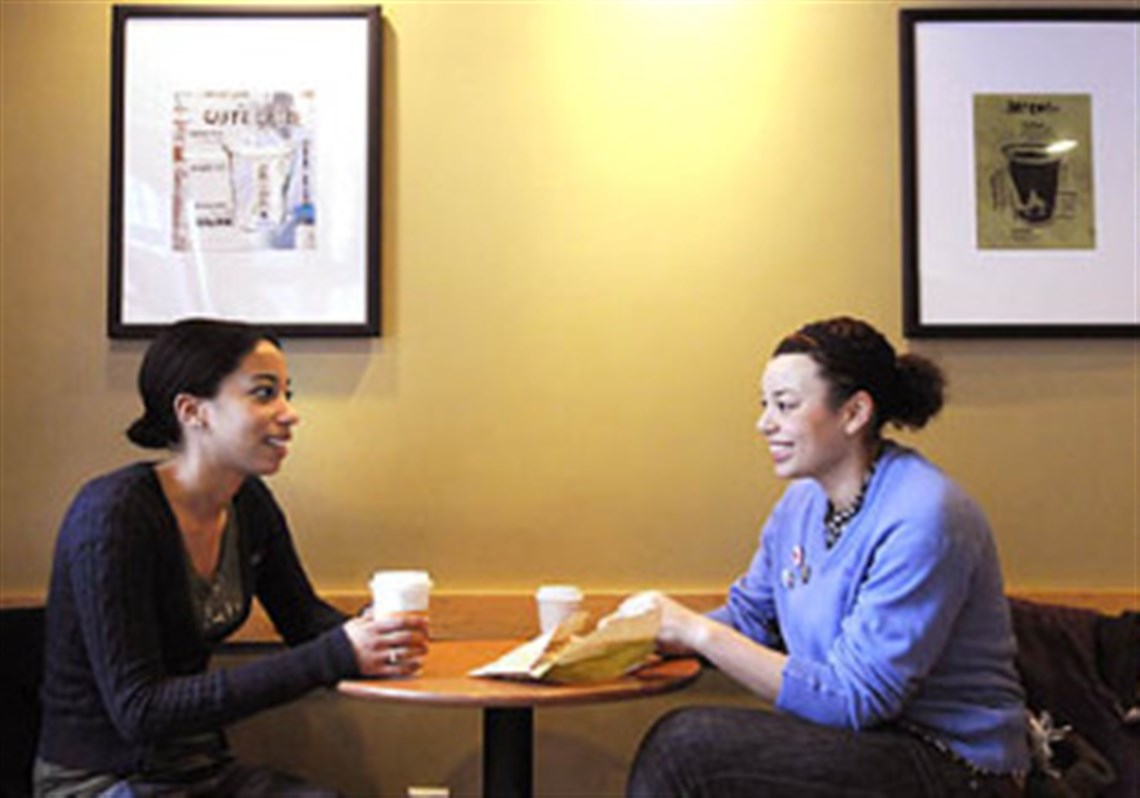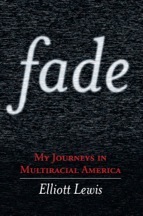Obama election stokes debate over what is biracial
Pittsburgh Post-Gazette
2009-02-03
L. A. Johnson

Steve Mellon/Post-Gazette
Heather Curry believes President Barack Obama is denying his white heritage by identifying himself as African-American.
“It’s great that he’s biracial,” says Ms. Curry, 19, a Point Park University advertising major who identifies herself as biracial. “I wish he would accept it a little bit more.”
The election of Mr. Obama—the son of a white woman from Kansas and a man from Kenya—has jump-started a national dialogue on race and racial identity as America’s view of multiracial people changes.
Mr. Obama always has acknowledged his biracial background but identifies himself as African-American. With Mr. Obama, people see who and what they want to see, says Joy M. Zarembka, the Washington, D.C.-based author of “The Pigment of Your Imagination: Mixed Race in a Global Society.” “And most everyone can relate to him — whether [they’re] white, black, rich, poor, foreign, American, etc.”…
…Ms. Curry thinks the media have helped define him as only black and fears that history will forget that America’s “first black president” actually is a biracial man.
“I feel like there are not enough [biracial] role models out there,” says Ms. Curry, whose father was white and mother is black. “We need to say we’re proud of our heritage.”
Her roommate, Erica Stewart, has a different view. Ms. Stewart has a white mother and a black father. Because her mother raised her, she identifies more with white culture than black culture, but she embraces aspects of both and often is mistaken for Hispanic.
“If [Obama] feels more African-American, I don’t have issues with that,” said Ms. Stewart, 19, an art major at the Community College of Allegheny County. “If I had grown up with [my father] instead of my mom, I would have identified more as an African American.”
Friends since middle school in Erie, the two young women recall how they struggled to figure out their own racial identity, routinely seeming too black to some whites and too white to some blacks…
…Ms. Curry thinks Mr. Obama identifying as African-American could be confusing to mixed-race children, making them feel they have to choose or making them think, “If Obama says he’s black, does this mean I’m black?” She thinks biracial people shouldn’t choose one race over the other because they are both.
“I’m biracial,” she says. “I will fight somebody who calls me black.”
Mr. Obama has a special resonance with African-American people, people of African descent, people of color in general and multiracial people.
“Because he identifies as African-American rather than multiracial … there’s a certain tension there,” says G. Reginald Daniel, a University of California, Santa Barbara, sociology professor and author of “More Than Black?: Multiracial Identity and the New Racial Order.”
Elliott Lewis, a mixed-race man, journalist and author of “Fade: My Journeys in Multiracial America,” finds the ongoing debate about whether Mr. Obama is black or biracial frustrating…
Read the entire article here.

